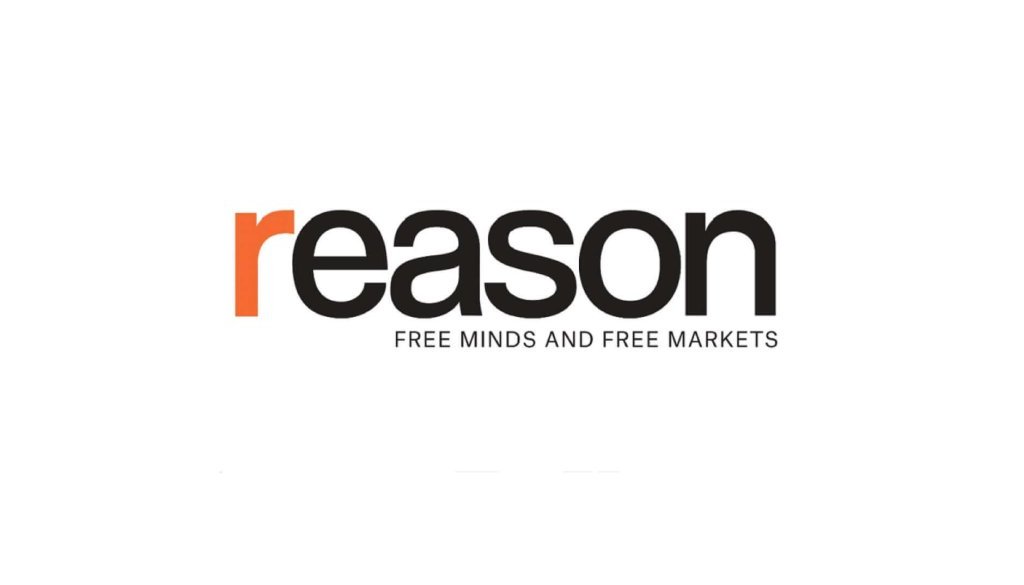How Should Courts Analyze Age Verification Requirements for Porn That’s Illegal for Minors?
The majority in today’s Free Speech Coalition v. Paxton began with the established principle (see Justice Brennan’s majority opinion in Ginsberg v. N.Y. (1968)) that certain material may be constitutionally protected for adults but unprotected when distributed to minors:
When regulating minors’ access to sexual content, the State may broaden Miller‘s “definition of obscenity” to cover that which is obscene from a child’s perspective. To be more precise, a State may prevent minors from accessing works that (a) taken as a whole, and under contemporary community standards, appeal to the prurient interest of minors; (b) depict or describe specifically defined sexual conduct in a way that is patently offensive for minors; and (c) taken as a whole, lack serious literary, artistic, political, or scientific value for minors. [The Miller definition for what can be prohibited even for adults would omit the italicized text from each prong of the test. -EV] …
The majority acknowledged that any age verification requirements “burden” the rights of adults in some measure—whether of the adult distributors (such as the vendor in Ginsberg) who must check patrons’ age, or of adult patrons who have to prove their age. But it concluded that, because the speech was restrictable as to children, sufficiently narrow age verification requirements need not be judged under the highly demanding “strict scrutiny” test:
Age-verification laws like H.B. 1181 fall within States’ authority to shield children from sexually explicit content. The First Amendment leaves undisturbed States’ traditional power to prevent minors from accessing speech that is obscene from their perspective. That power necessarily includes the power to require proof of age before an individual can access such speech. It follows that no person—adult or child—has a First Amendment right to access speech that is obscene to minors without first submitting proof of age….
Requiring age verification is common when a law draws lines based on age … [citing as examples] proof of age to obtain a handgun license; to register to vote; and to marry. In none of these contexts is the constitutionality of a reasonable, bona fide age-verification requirement disputed.
Obscenity is no exception to the widespread practice of requiring proof of age to exercise age-restricted rights. The New York statute upheld in Ginsberg v. New York (1968) required age verification: It permitted a seller who sold sexual material to a minor to raise “‘honest mistake'” as to age as an affirmative defense, but only if the seller had made “‘a reasonable bona fide attempt to ascertain the true age of [the] minor.'” Most States to this day also require age verification for in-person purchases of sexual material. And, petitioners concede that an in-person age verification requirement is a “traditional sort of law” that is “almost surely” constitutional.
The facts of Ginsberg illustrate why age verification, as a practical matter, is necessary for an effective prohibition on minors accessing age-inappropriate sexual content. The statute in that case prohibited the knowing sale of sexual content to a minor under the age of 17. The defendant was convicted of knowingly selling a pornographic magazine to a 16-year-old. But, most of the time, it is almost impossible to distinguish a 16-year-old from a 17-year-old by sight alone. Thus, had the seller in Ginsberg not had an obligation to verify the age of the purchaser, he likely could have avoided liability simply by asserting ignorance as to the purchaser’s age. Only an age-verification requirement can ensure compliance with an age-based restriction.
The need for age verification online is even greater. Unlike a store clerk, a website operator cannot look at its visitors and estimate their ages. Without a requirement to submit proof of age, even clearly underage minors would be able to access sexual content undetected. “‘[T]he basic prin
Article from Reason.com

The Reason Magazine website is a go-to destination for libertarians seeking cogent analysis, investigative reporting, and thought-provoking commentary. Championing the principles of individual freedom, limited government, and free markets, the site offers a diverse range of articles, videos, and podcasts that challenge conventional wisdom and advocate for libertarian solutions. Whether you’re interested in politics, culture, or technology, Reason provides a unique lens that prioritizes liberty and rational discourse. It’s an essential resource for those who value critical thinking and nuanced debate in the pursuit of a freer society.




